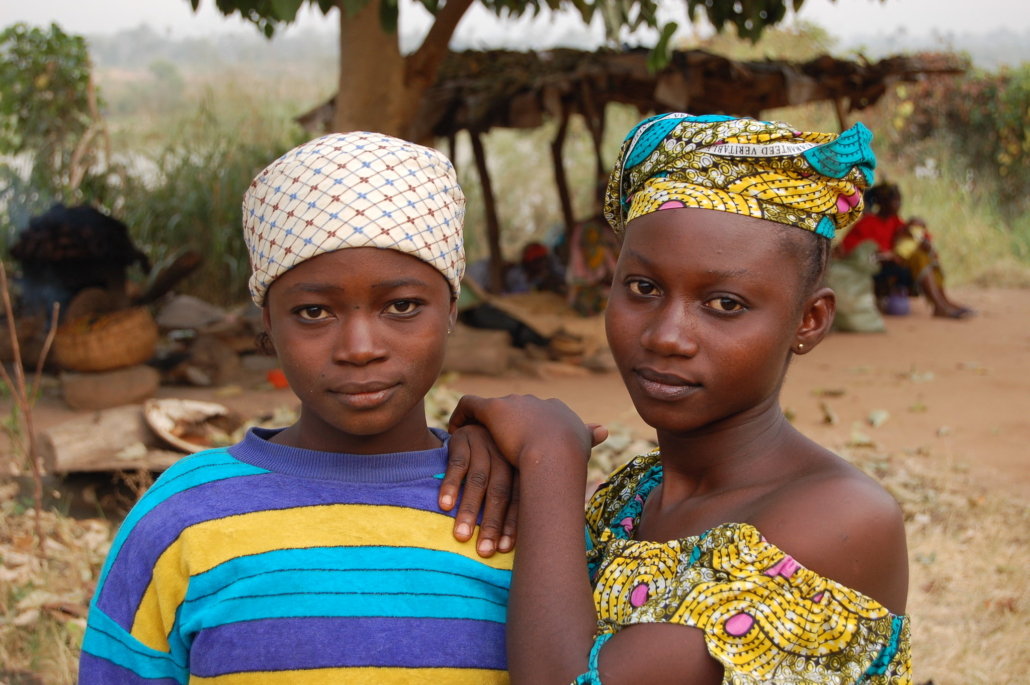4 Organizations Fighting the Malnourishment in Nigeria
 About 25 million Nigerians are facing a severe food shortage crisis, and increasing inflation will soon lead to an even more dire situation. Nigeria urgently needs assistance to help end its food insecurity and fight the malnourishment destroying the West African country’s population. Here are the factors causing malnourishment in Nigeria as well as organizations working to combat it.
About 25 million Nigerians are facing a severe food shortage crisis, and increasing inflation will soon lead to an even more dire situation. Nigeria urgently needs assistance to help end its food insecurity and fight the malnourishment destroying the West African country’s population. Here are the factors causing malnourishment in Nigeria as well as organizations working to combat it.
Factors Causing Malnourishment in Nigeria
The Nigerian Bureau of Statistics reports that 78% of Nigerians live below the poverty line, which prevents families from getting meals and nutrients necessary for a healthy life. As of 2023, Nigeria ranks 28.3 out of 50 on the Global Hunger Index, with 15.9% of the population being malnourished.
Food insecurity increased, along with inflation, following Nigerian President Bola Tinubu’s decision to remove oil subsidies in May 2023. The oil subsidy, which Tinubu maintains was draining government funds, kept gas prices capped and helped Nigerians financially maintain their businesses and households. The sudden increase in gas prices and cost of living led to a labor strike throughout the country.
Along with the rise in gas prices, food costs rose 2.6% between July 2023 and August 2023, breaking an 18-year record. The United Nations Children’s Fund (UNICEF) reports that 2 million children are suffering from malnourishment and predicts these numbers will increase drastically before the end of 2023. Listed below are four organizations fighting to end malnourishment in Nigeria.
1. The World Food Programme USA (WFP)
WFP began in 1961 under U.S. President Dwight Eisenhower after an earthquake in Iran left 12,000 people dead. Throughout the decades, WFP has been a crucial help during hundreds of different global crises, providing food aid after the 2010 Haiti earthquake and the 2015 Nepal earthquake. It continues to help West Africans with the Ebola outbreak.
WFP currently works with UNICEF to provide monthly food and money to 1.2 million Nigerians. It focuses on less populated areas of Nigeria, where many citizens are displaced and vulnerable.
2. Médecins Sans Frontières (MSF)
MSF is a nonprofit, independent medical humanitarian organization that focuses on the health concerns of populations experiencing epidemics, diseases and food insecurity. With funding from 13 writers and medical professionals in 1971, it has been bringing aid to Nigeria since 1996. In 2022, MSF admitted 222,300 children into its inpatient and outpatient programs.
3. The Alliance for International Medical Action (ALIMA)
ALIMA works with local partners to further its primary mission—saving the lives of the most vulnerable. It was founded in 2009 by medical professionals who felt more effort was needed in Nigeria to help combat the malnourishment crisis.
Since its creation, ALIMA has helped 10 million patients. In 2016, ALIMA implemented its food program in Nigeria, hoping to intervene in the malnourishment epidemic. As of 2022, ALIMA reports “43,239 children with severe acute malnutrition treated and 143,453 consultations carried out for children under 5 years old.”
4. Action Against Hunger
French doctors and journalists founded Action Against Hunger 40 years ago to combat starvation in the Middle East. Its main objective is to provide adequate support for countries that food insecurity has crushed. The organization finds new ways to fight malnourishment using science and technology.
Action Against Hunger’s efforts in Nigeria, where it provides monthly food aid to 200,000 people, is one way it is implementing change in the region. The organization also created the “Porridge Moms” program, which teaches women in Nigeria how to prevent malnutrition.
Looking Ahead
These organizations are fighting to end malnourishment in Nigeria, and have made outstanding efforts in finding practical solutions to combat food insecurity. With donations from around the world, these groups can help build the West African country back up so its people can thrive locally and globally.
– Jessica Jean-Baptiste
Photo: Flickr
